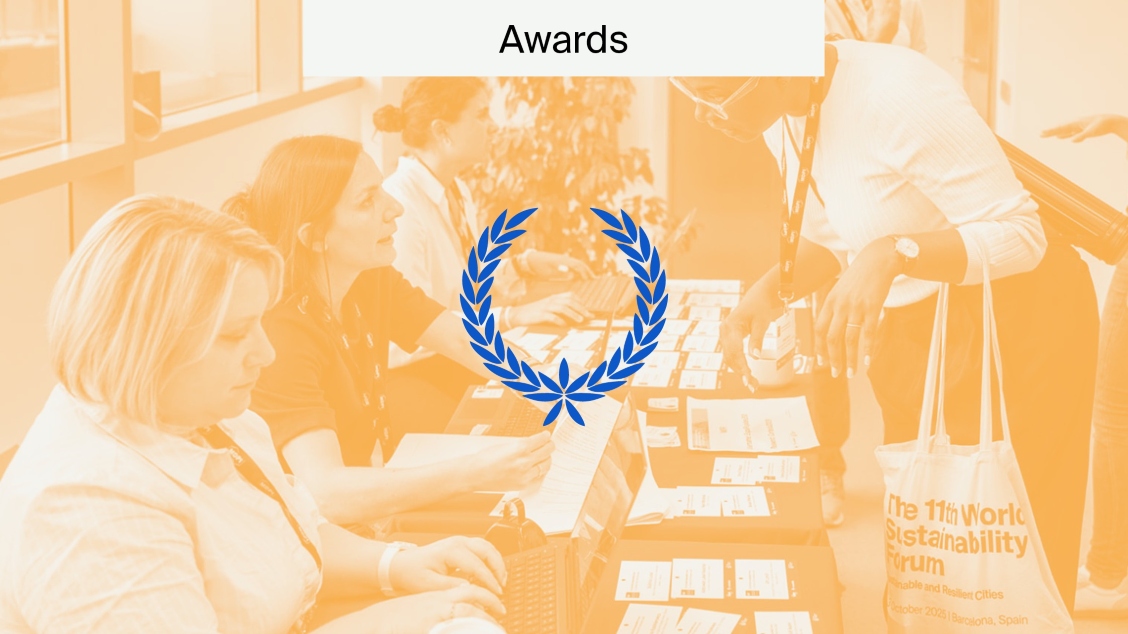
What Are The Benefits of Specialist Editing?
Publication journeys can differ greatly from author to author. Some can be relatively straightforward, whereas others can feel like a never-ending process of returns, revisions, and resubmissions. Specialist editing can ease this process and benefit authors in a number of ways.
Here, we take a look at the features of specialist editing services and how they benefit authors.
What is specialist editing?
Specialist editing is much more in-depth than language editing services. It’s a dedicated service seeing authors through from pre-publication to post-publication, entailing two rounds of editing and checks—a language edit followed by a specialist edit—as well as post-editing support for various aspects of the publication process.
The English editing component ensures that the language of the research is up to a publishable standard. It then undergoes a quality check by a senior language editor, who then passes it on to a PhD-holding specialist editor.
The Specialist English Editor, who has expertise in the same field as the authors, makes content-specific and technical changes, also providing an analysis of the structure, terminology, coherence, etc. They then compile this information into a report, which the author can refer to and implement.
This edit then goes through another quality check, this time by a senior Specialist Editor, and the paper and report are then returned to the author, taking a total of around 5 days.
As part of the specialist editing package, authors are also entitled to free English language re-editing if the author is dissatisfied, as well as complimentary editing to cover letters and reviewer responses.
What are the benefits of specialist editing?
Specialist editing is the best way to prepare your research for publication. Below are detailed the major benefits of using this specialist service.
1. Academic report
The Specialist Editor’s report is a great resource for authors, providing invaluable insights that will help the author’s manuscript withstand the scrutiny of peer review. It covers all aspects of the paper, with detailed feedback on each section, as well as figures, tables, references, structure, titles, and terminology.
This enables authors to make important changes prior to submission, and thus makes it more likely to pass the peer review process. This ensures a smoother publication journey for authors, reducing the chance of it being sent back for revisions.
2. Two rounds of editing
The combination of language and specialist editing ensures that every aspect of the paper is of publishable standard prior to submission. Poor expression and grammar in a paper can detract from its overall quality. So, by choosing specialist editing, authors can be confident not only that the content of their paper meets the highest academic standards, but also that it has high readability and will be understood by the intended audience.
This is also strengthened by the quality control process, with a senior language editor and senior PhD-holding editor checking over each and every paper before being sent back to the author. This ensures that high quality standards are met for both language and content and thus high author satisfaction.
3. Specialist knowledge
Specialist Editors are carefully selected for each paper. They are PhD holders with relevant expertise in the same field as the author, and thus are well qualified to heighten its potential. They help to ensure that the paper is logical and consistent, refining its structure and coherence.
This helps to ensure that the paper will stand out in its field. Specialist Editors understand the nuances of their subject areas and thus can make sure that research is communicated clearly, professionally, and accurately.
4. Post-editing support
Another major benefit of specialist editing is the support received after the paper has been edited and returned to authors. Professional support is offered for several aspects of the publishing process—for example, cover letters and reviewer responses. Free English language re-editing is also offered if the author requests it.
Choosing editing services
There are several considerations when it comes to choosing the right editing service for your research. If you want a comprehensive service that best prepares your paper for peer review and publication, specialist editing is the most appropriate option.
Through the combination of language and specialist editing, the structure, coherence, and readability of the paper are all significantly improved, allowing authors to be confident in their work upon submission.
If you want to prepare your research for publication, MDPI Author Services offers high-quality specialist editing by PhD specialists in your field. This service offers an in-depth report compiled by the Specialist Editor, reviewing each section in detail as well as structure, terminology, and more.
Our team of highly skilled English editors have edited over 60,000 papers, with a 97% author satisfaction rate. Our services are available to both MDPI authors and those publishing with other journals. Visit the link above to get a free quote today.












Is it free ?
Hi Roshni,
MDPI Author Services’ Specialist Editing service is not free, but you can get a quote to find out how much it will cost at https://www.mdpi.com/authors/english.
I hope this helps.